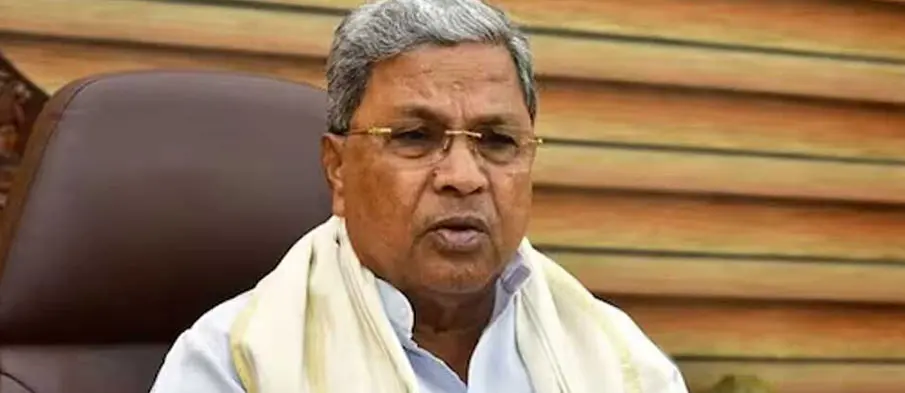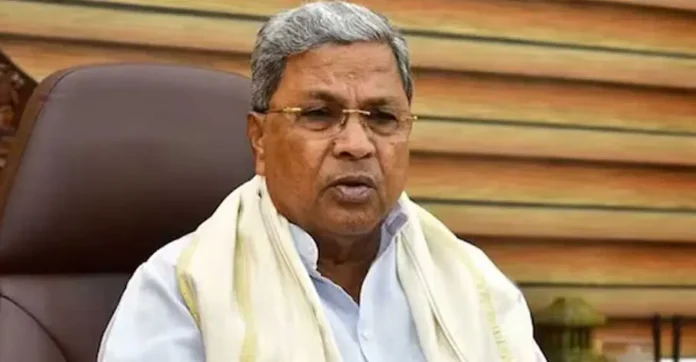
Karnataka Chief Minister Siddaramaiah has expressed serious concerns over inaccurate auto-translation of Kannada content from his office on Meta’s platforms, especially Facebook and Instagram. He warned that these erroneous translations are “distorting facts & misleading users,” which is particularly problematic when it involves official government communications.
In a post on X, Siddaramaiah highlighted the risks of such mistranslations, stating, “This is especially dangerous when it comes to official communications.” His media advisor, KV Prabhakar, has formally reached out to Meta, urging the social media giant to take swift corrective action. The Chief Minister emphasized the responsibility of social media platforms, adding, “Social media platforms must act responsibly. I caution citizens to be aware that translations shown are often inaccurate. Such negligence by tech giants can harm public understanding & trust.”
Meta, headquartered in California, operates several platforms including Threads, Messenger, and WhatsApp. Despite multiple inquiries, Meta has yet to respond to the Chief Minister’s concerns.
In its official communication, the CM’s office pointed out that translations from Kannada to English on Meta platforms were frequently inaccurate and sometimes “grossly misleading.” The email to Meta stressed the significant risks posed by incorrect translations of public statements and key messages from the Karnataka government. It warned that many users might not realize these are automated translations and could misinterpret the content, thereby affecting public perception.
To address this, the CM’s office urged Meta to temporarily disable the auto-translation feature for Kannada content until the quality and accuracy improve. They also recommended that Meta collaborate with qualified Kannada language experts to enhance the contextual correctness of translations.
The move received mixed reactions on social media, with some users applauding the initiative, while others suggested that the government release its own official translated versions to avoid confusion.
This development underscores the growing importance of accurate language translation in digital communication, especially for government entities addressing a diverse population.





